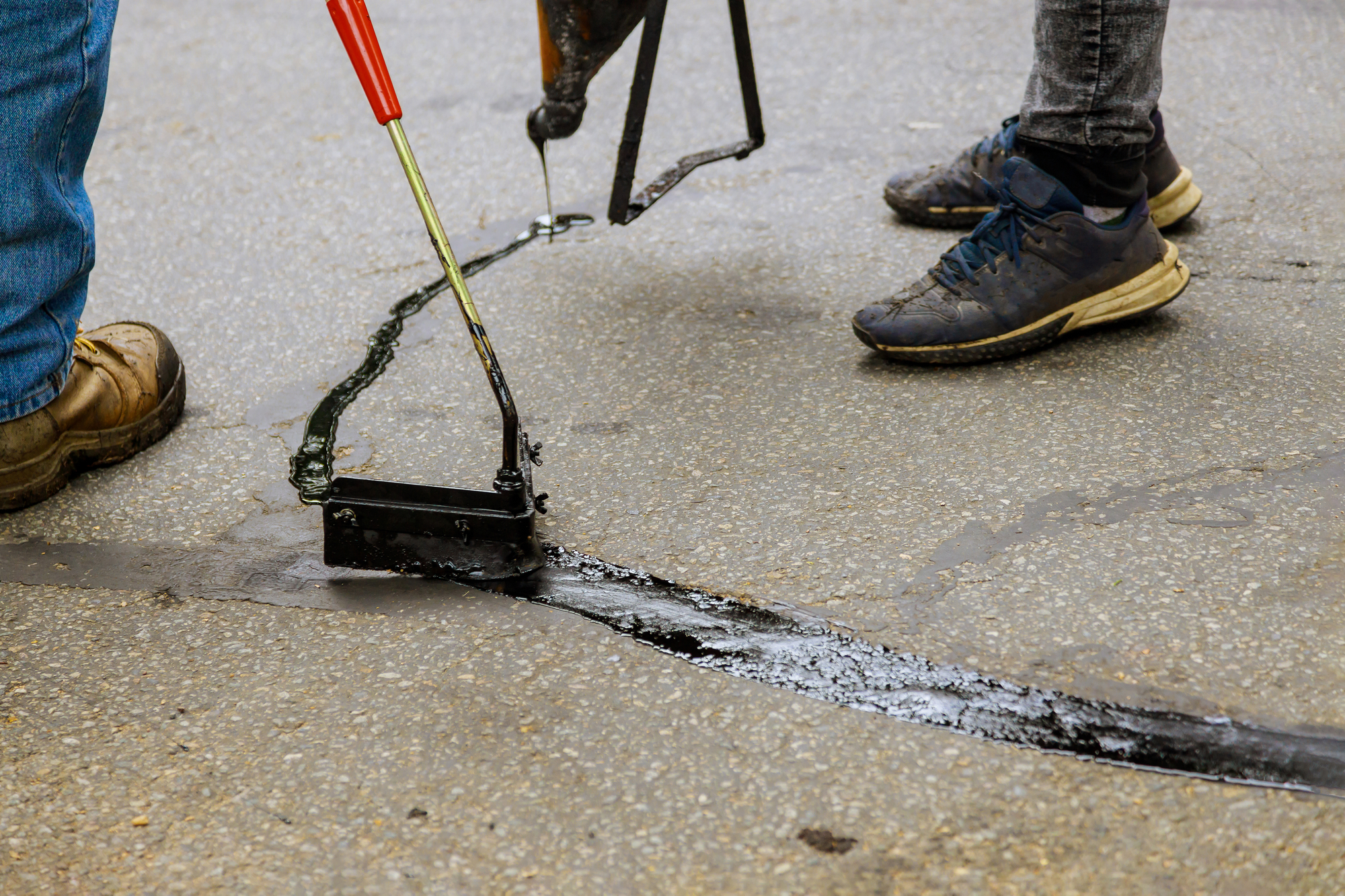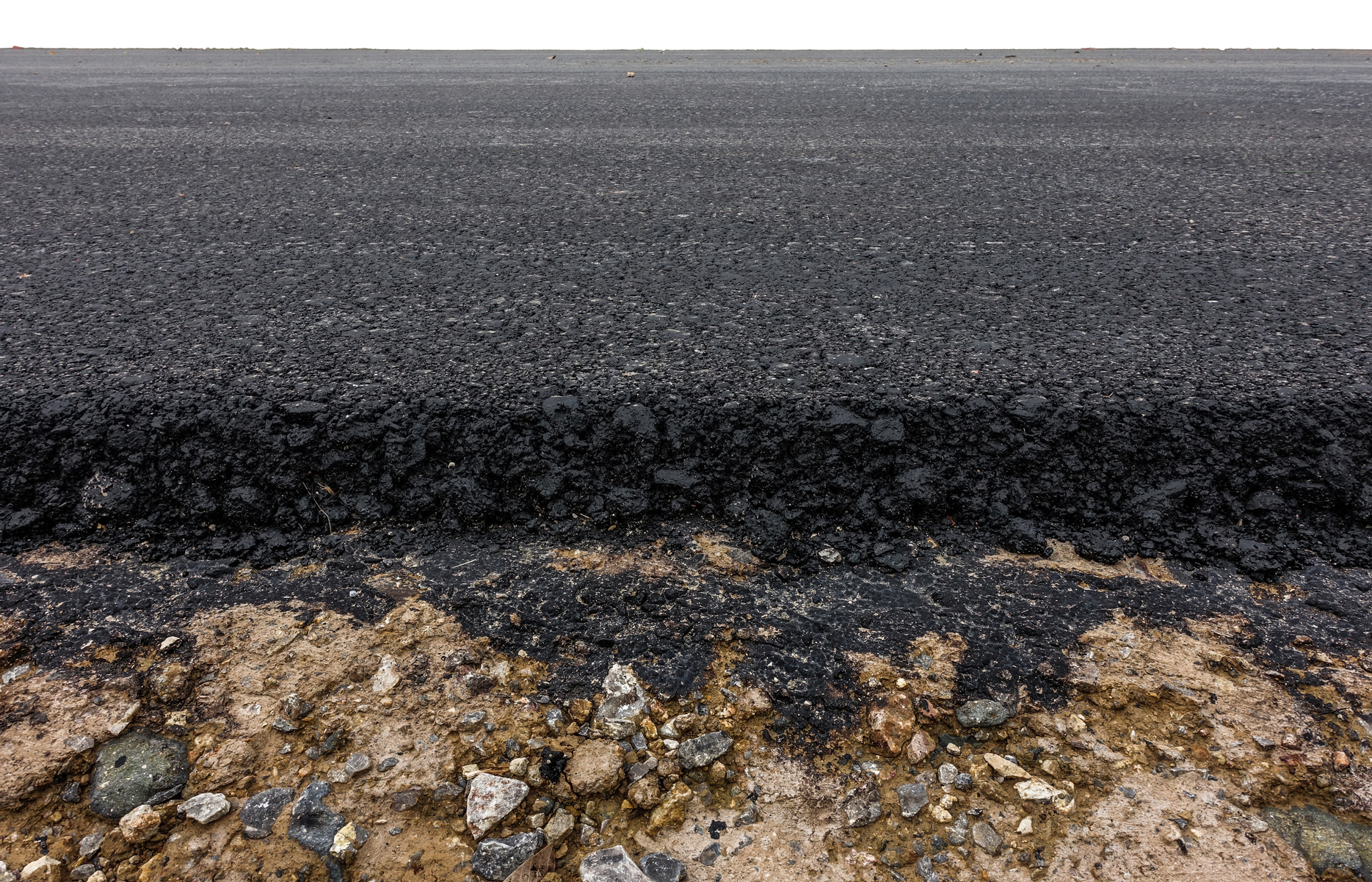When is a good time to resurface your driveway?
6 January 2021
Asphalt driveways are an investment that you want to make last as long as possible. It’s inevitable that your pavement will start to deteriorate over time from use and exposure to the extreme weather we see in Gatineau. There are 4 main categories of driveway maintenance:
- Sealing
- Repairing
- Resurfacing
- Replacing
Knowing what type of maintenance your driveway requires from year to year can be confusing. In this blog post, the paving experts at Pavage Massie will explain when it is appropriate to move past patches and repairs to your damaged asphalt but it isn’t necessary to go to the expense of replacing the pavement entirely. In other words, answering the question: when is a good time to resurface your driveway?
Here’s what you need to know about asphalt driveway resurfacing.
What is driveway resurfacing?
Driveway resurfacing is when a new layer of asphalt is poured over the existing driveway. It is less invasive and far less expensive than replacing a driveway completely, which involves removing all existing pavement and digging up the gravel and sand foundation.
Resurfacing is a great way to extend the life of your driveway. It addresses the issue of widespread damage that would be too difficult to solve with patches and repairs on a driveway that still has a good foundation to work with.
There are some clear signs to look for when deciding that it’s time to stop adding more repairs and patches to your driveway and have it resurfaced. It’s also important to know when resurfacing isn’t an option due to weakened sublayers.
Signs that it’s time to resurface your driveway
Potholes
Small potholes in your asphalt can be repaired by having them filled with fresh asphalt and then leveling and smoothing them out.
Large potholes and ones that recur year after year despite your efforts to fill them are indicative of damage to the foundation and require a full driveway replacement.
If you have the odd mid-sized pothole, you can take the middle ground and resurface your driveway.
Cracks
Cracks in asphalt that are smaller than ¼ inch wide can most often be repaired using different types of patches.
Cracks which have grown to ½ inch wide and are deeper than a couple of inches are an indication of a compromised foundation and might mean that it’s time to replace your driveway. A cracking pattern which resembles the scales of an alligator also means that you need to replace your driveway.
Cracks that fall in between these 2 extremes mean that resurfacing your driveway might be the most appropriate action.
Fading
Pavement that is in good condition but has lost its jet black appeal does not generally need to be resurfaced. Many homeowners choose to have their driveways sealed to keep it looking like new.
Déformation
Pavement that is in good condition but has lost its jet black appeal does not generally need to be resurfaced. Many homeowners choose to have their driveways sealed to keep it looking like new.
Warping and Buckling
When the asphalt in your driveway starts to warp or buckle, resurfacing your driveway is not an option. This type of damage runs deep into the foundation and can only be solved by replacing the driveway in entirety.
Aging Pavement
Each driveway ages differently due to how you use it and the weather conditions in your area. As a general rule, however, pavement that is in fair condition and less than 20 years old can be resurfaced to extend the life of your driveway.
Asphalt driveways that have been in place for 20-30 years will most likely need to be replaced due to the inevitable deterioration of the foundation.
Who can resurface my driveway in Gatineau?
Resurfacing asphalt driveways is not a DIY job. If you want to extend the life of your driveway and are ready to have it resurfaced, reach out to Gatineau’s paving experts at Pavage Massie. We will help you assess the condition of your driveway and help you decide on the best solutions for your situation. Don’t hesitate to call us with your questions – we’re here to help! Contact us



